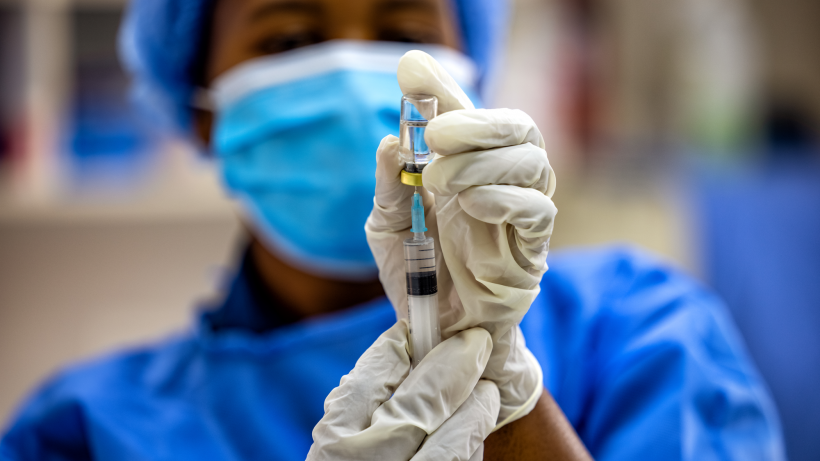
COVID-19 vaccine acceptance in low- and middle-income countries and recommendations to increase uptake
-
Willingness-to-vaccinate-policy-brief-July-2021.pdf
PDF document • 1.93 MB
- This study, published in Nature Medicine, analyses willingness to vaccinate against COVID-19 from surveys covering 10 low- and middle-income countries in Asia, Africa, and South America.
- Willingness to vaccinate is considerably higher in these low- and middle-income countries (80% of respondents) than in the United States (65%) and Russia (30%).
- The results suggest prioritising vaccine distribution to low- and middle-income countries should yield high returns in promoting global immunisation coverage, and that vaccination campaigns in these countries should focus on translating acceptance into uptake.
- Personal protection against COVID-19 is the main reason given for vaccine acceptance in these low- and middle-income countries (91% of respondents). Concerns about side effects (44%) is the most common reason given for vaccine hesitancy.
- Health workers are considered the most trusted sources of information about COVID-19 vaccines (48% of respondents).
- This brief recommends using health workers to deliver vaccine information, investing in ‘last-mile’ nudges, leveraging pro-vaccine attitudes, and focusing messaging on vaccine effectiveness to increase vaccine uptake in low- and middle-income countries.
The journal article in Nature Medicine can be accessed here.

